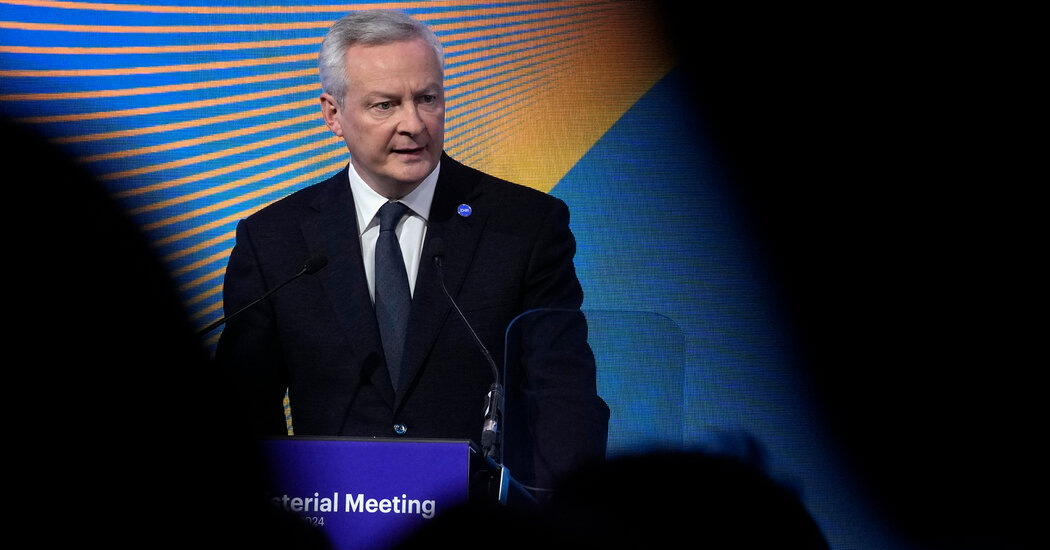BLUF: World economic leaders are divided on the potential use of frozen Russian assets for Ukraine’s aid; among them, France’s Finance Minister argues it tramples international law, while the U.S. Treasury Secretary suggests it can be justified.
OSINT:
Global economic chiefs have been swept into a public debate around the potentially controversial use of Russia’s frozen central bank assets to financially bolster Ukraine. French Finance Minister, Bruno LeMaire, sparked the discourse by arguing that seizing these assets would breach international law. The vocal delineation of this opinion occurred amidst the gathering of the G20’s finance ministers in Brazil.
Mr. LeMaire’s comments directly rebutted the stance of U.S. Treasury Secretary Janet L. Yellen who, only a day earlier, had suggested a legal basis for the notion of seizing the assets. Ms. Yellen has grown increasingly supportive of leveraging Russia’s immobilized assets — a magnitude of funds larger than $300 billion that sits in Western nations.
The matter has intensified as political support for Ukraine’s economic and military backup witnesses a downturn in the United States and Europe. The legal scholars’ perspective invokes the international law of state countermeasures, thus implying that seizing the Russian assets should conform to the domestic laws of the Western nations.
The onward narrative exhibits a growing appetite among foreign policy makers to utilize Russia’s assets, especially with the deteriorating military situation in Ukraine. However, there is a clear divergence of views within the G20, pointing towards the complexity of the issues at stake.
RIGHT:
From a staunch Libertarian Republican Constitutionalist perspective, the issue, while complex, should be filtered through the lens of respect for sovereignty and international laws. While Russia’s actions in Ukraine may be alarming and warrant a response, the seizing and use of assets transect a dangerous line. It could set a precedent that threatens the sanctity of national property rights, potential stealing or manipulating under different international or political pressures. There’s a need for a robust legal basis and consensus among nations involved to ensure the respect of international order and law.
LEFT:
A National Socialist Democrat would likely underscore the urgent humanitarian need in Ukraine. If there’s a legal and justified way to help, should we not take it? From this angle, the bypassing of normal financial norms could be seen as a necessary response to an aggressive polity that has previously ignored international norms. They may suggest that governments have an obligation to do whatever they can to alleviate suffering, especially if the burden can be taken from those responsible for causing the conflict.
AI:
Analyzing the text, it is evident that uncertainty and divergent opinions mark the discussions by global economic leaders concerning the use of froze Russian assets. It serves as a microcosm of wider political dynamics and speaks to the complexities of international law and humanitarian aid. While some support the idea, others vehemently oppose it, implying a far more nuanced and contentious debate. This impasse highlights the delicacies of international diplomacy, the respect for international law, and the varying national viewpoints on the prevalent crisis.

